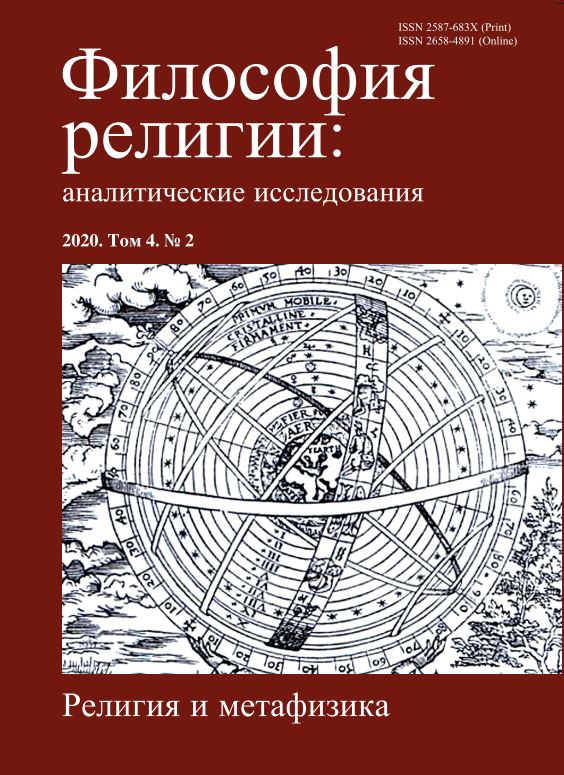Метафизика Божественного мышления у Мария Викторина и ее философские источники
DOI:
https://doi.org/10.21146/2587-683X-2020-4-2-91-128Ключевые слова:
метафизика, сознание, мышление, Бог, теология, патристика, неоплатонизм, Аристотель, Марий Викторин, Плотин, ПорфирийАннотация
В статье анализируется учение Мария Викторина (ок. 281/291‒382/386) о Божественном мышлении и реконструируются его возможные философские источники. После краткого упоминания аристотелевской концепции Божественного мышления в «Метафизике» автор отмечает важную роль неоплатонической доктрины «умопостигаемой триады» в тринитарном учении Викторина, в котором Бог рассматривается как единство трех необходимых Божественных атрибутов, потенций или актов: бытия, жизни и мышления, соответствующих ипостасям христианской Троицы. Указывается, что соотношение между этими Божественными актами у Викторина имеет динамический характер, основанный на логике вечного процесса самополагания Бога как чистого Бытия (Отец), которое определяет себя сначала как Жизнь (Сын), а затем возвращается к себе как Мышление (Св. Дух), чем достигается полнота Божественного самосознания. Этот процесс Викторин также связывает с представлением о Боге как абсолютном Духе – Сущности, которая одновременно существует, живет и мыслит саму себя. В связи с этим рассматривается учение Викторина о двух Божественных действиях и движениях: внутреннем, свойственном Богу Отцу, и внешнем, характерным для Сына-Логоса; показывается, что это учение восходит к аналогичному учению Плотина, прилагаемому им к Единому и мировому Уму. Аргументируется, что Викторин в свете неоплатонической диалектики Единого и мирового Ума переосмыслил аристотелевскую концепцию Божественного мышления, мыслящего само себя, не просто применив ее к Сыну-Логосу, но и соединив с ней плотиновско-порфириевскую концепцию «сверхмышления» Единого, в результате чего у него Божественное мышление представлено в двух формах или видах: Бог Отец – это мышление внутреннее, потенциальное, сокрытое и непроявленное, тождественное Божественному бытию («сверхмышление»), а Сын-Логос – это мышление внешнее, актуальное и проявленное (мышление в собственном смысле), которое сначала пребывает во внутреннем мышлении Отца, а затем рождается от него как мышление, мыслящее и Отца, и само себя (самосознающее мышление).Загрузки
Опубликован
2020-12-08
Выпуск
Раздел
ТЕКСТЫ И ИНТЕРПРЕТАЦИИ
Как цитировать
Метафизика Божественного мышления у Мария Викторина и ее философские источники. (2020). Философия религии: аналитические исследования, 4(2), 91–128. https://doi.org/10.21146/2587-683X-2020-4-2-91-128

 Материалы доступны по лицензии
Материалы доступны по лицензии
